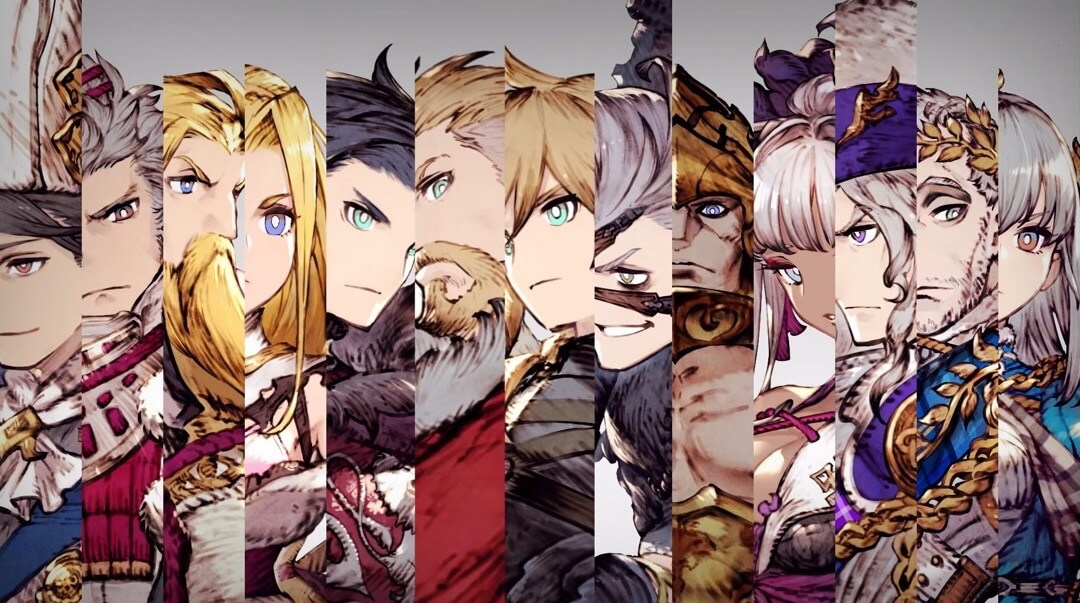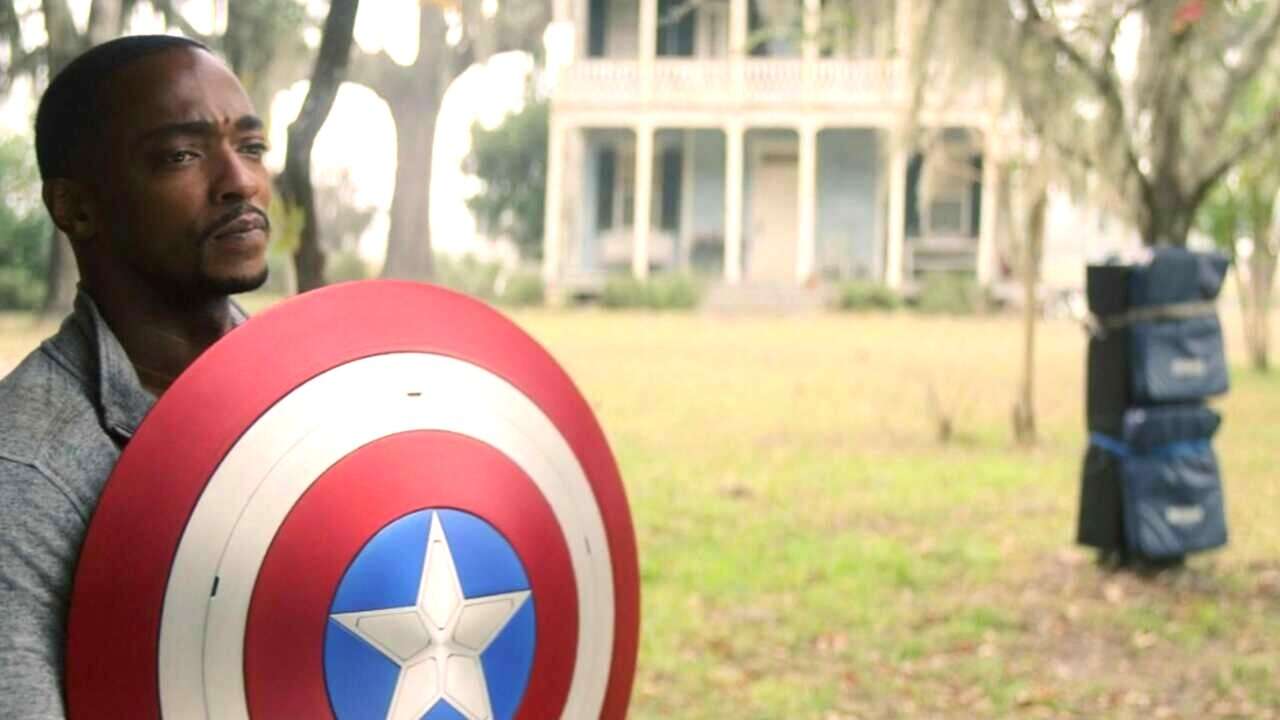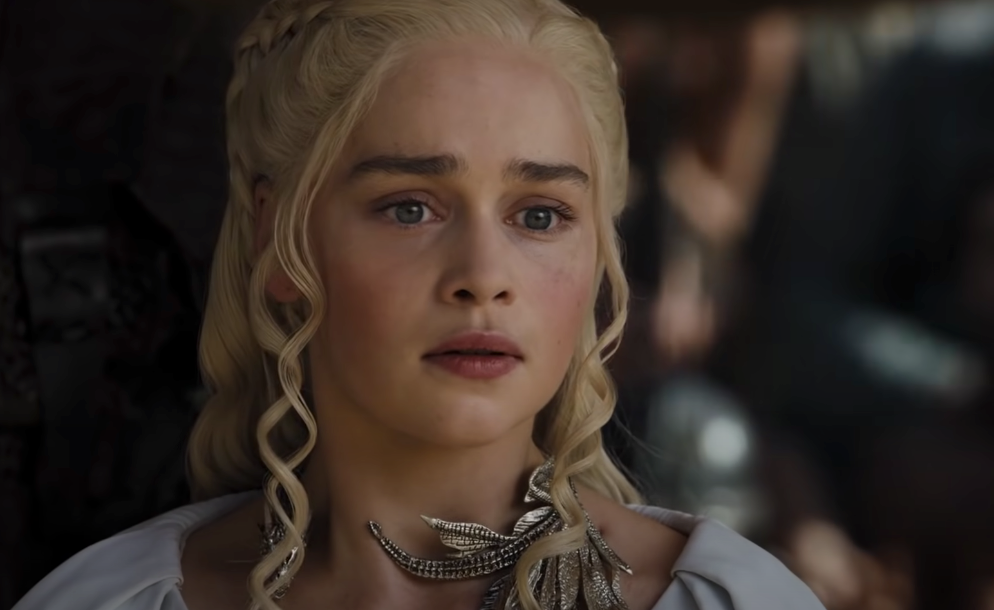A Netherlands court overturned a 2020 ruling that said the card packs in EA Sports’ FIFA Ultimate Team were a form of gambling, and rescinded a €10 million fine levied for violating Dutch gambling law.
The Dutch Administrative Jurisdiction Division, the highest court in the Netherlands, on Wednesday ruled that acquiring and opening FUT card packs was “not an isolated game” in and of itself, according to the Netherlands’ Council of State in a statement announcing the ruling (translated by Google). “They are part of a game of skill and add an element of chance to the game.”
“The vast majority of packs are obtained by and used for game participation,” the statement added. Further, “the tradability of the packs on the black market is relative. The black market mainly focuses on trading complete accounts rather than individual packs or their contents.”
Electronic Arts applauded the ruling in a statement to Polygon. “This decision confirms our belief that no aspect of FIFA or FIFA Ultimate Team can be considered gambling under Dutch law,” the company said. “At Electronic Arts our approach to game design puts choice, fun, fairness and value first. Our priority has always been to make sure that our players in the Netherlands and across the world have a positive experience.”
In the original ruling, the Court of the Hague ordered Electronic Arts to remove FIFA card packs from its games and levied a €500,000 fine for each week it did not comply, up to a maximum of €10 million. EA said it would appeal the decision and did not pull the packs from sale.
Ultimate Team, a mode that spans EA Sports’ FIFA, Madden NFL, and NHL series, has generated more than $1 billion in revenue for Electronic Arts every fiscal year since 2018. The company pulled in $1.62 billion from Ultimate Team microtransactions in the fiscal year that ended in March 2021.
Nonetheless, in January 2019, Electronic Arts complied with Belgian authorities and pulled FIFA Points, the currency players can buy for real money, from sale in that nation. Belgian regulators in September 2018 declared that loot boxes in Overwatch, Counter-Strike: Global Offensive, and FIFA 18 were an “illegal game of chance.” Blizzard Entertainment, Valve Corp., and 2K Games also disabled objectionable items for sale in Belgium inside their games.
The court’s full decision (in Dutch) is available online.
Source: Polygon





















